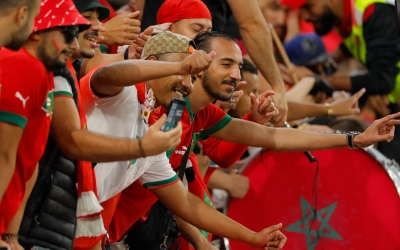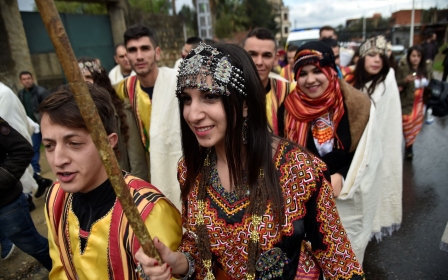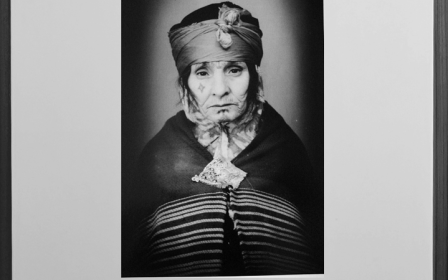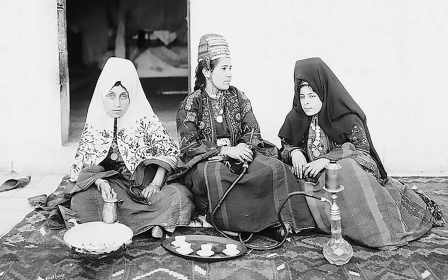Morocco: King Mohammed VI declares Amazigh New Year as national holiday
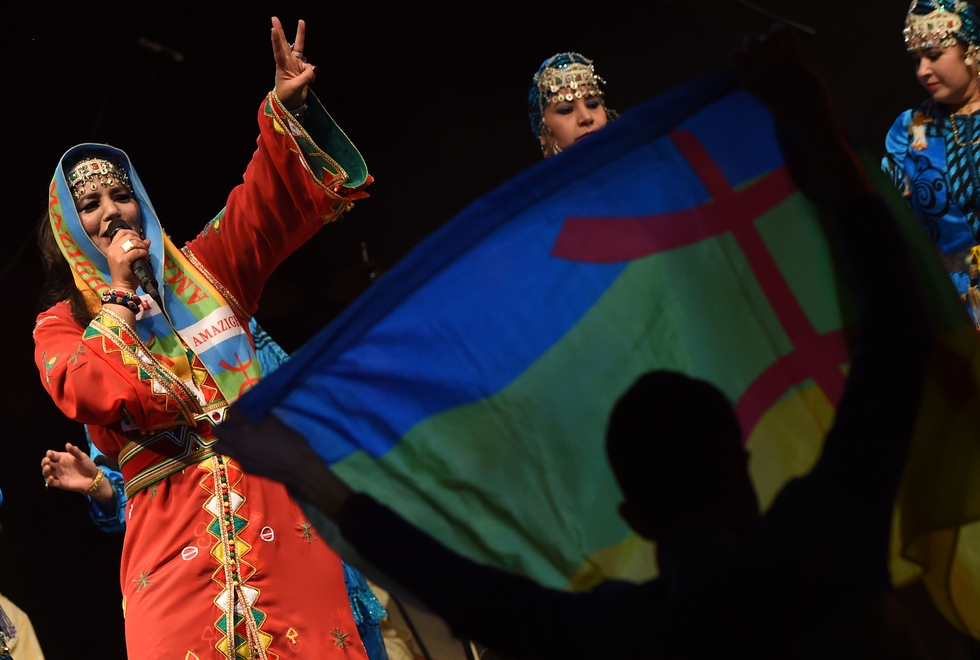
Morocco's King Mohammed VI issued a decree on Wednesday to declare Amazigh New Year’s Day a national holiday, according to the royal court in Rabat.
The Amazighs, also known as Berbers, had campaigned for years in Morocco for the first day of their calendar - which falls on 13 January - to be officially acknowledged.
Morocco's royal court on Wednesday said that King Mohammed VI "decided to declare Berber New Year’s Day an official paid national holiday, equal to the Muharram Fatih of the Hijri year and the Gregorian New Year," in reference to the Islamic and Christian calendars.
Amazighs believe that the date marks the first day the Libyan king Sheshonq, who they venerate as a prince, ascended to the throne of Egypt 2,973 years ago.
The Amazigh calendar, dictated by the changes in seasons, is also celebrated by Arabic-speaking Moroccans, who call 13 January the beginning of the agricultural year.
New MEE newsletter: Jerusalem Dispatch
Sign up to get the latest insights and analysis on Israel-Palestine, alongside Turkey Unpacked and other MEE newsletters
The royal court's statement said that Amazigh was "an essential component of the authentic Moroccan identity, enriched by the plurality of its tributaries, and shared heritage to all Moroccans without exception".
“It is also part of the constitutional consecration of the Amazigh language as an official language of the country, alongside the Arabic language,” it added.
Countries with major Amazigh populations include Morocco, Algeria, Tunisia, Libya and western Egypt, with a population of 32 million people. They can also be found in Niger, Mali and Burkina Faso.
In 2019, Moroccan lawmakers confirmed the Amazigh language's official status eight years after it was preliminarily recognised in a new constitution. Since 2010 a Moroccan public television channel has been devoted to the promotion of Amazigh culture.
But some Amazigh activists have criticised the slow acceptance of their language, particularly in education.
The government has increased the 2023 budget to support the Amazigh language by 50 percent this year, to 300 million dirhams ($30m) and promised to hire hundreds of official clerks for the language in public services.
Middle East Eye delivers independent and unrivalled coverage and analysis of the Middle East, North Africa and beyond. To learn more about republishing this content and the associated fees, please fill out this form. More about MEE can be found here.


